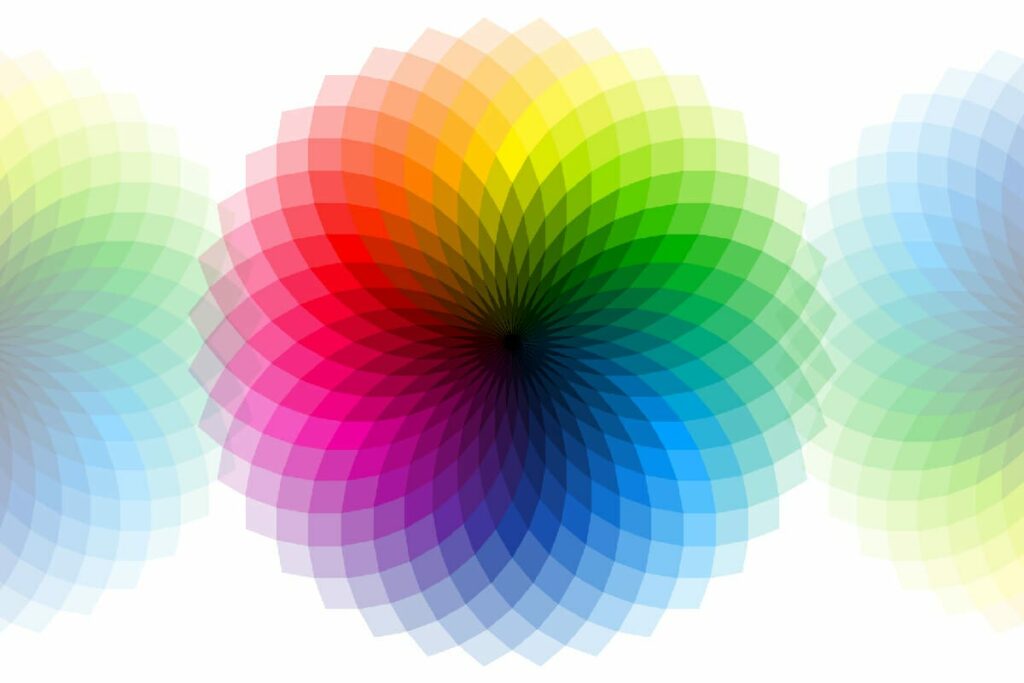When exploring the world of CBD (cannabidiol) products, you may come across terms like “full spectrum,” “broad spectrum,” and “CBD isolate.” These terms refer to different types of CBD extracts and indicate the presence or absence of other cannabinoids and compounds found in the cannabis plant. Understanding the differences between full spectrum, broad spectrum, and THC-free (CBD isolate) products is crucial for making informed decisions about which type of CBD product best suits your needs. In this comprehensive guide, we will delve into the distinctions between full spectrum, broad spectrum, and CBD isolate, including their compositions, potential benefits, legal considerations, and how they interact with the body’s endocannabinoid system.
Understanding the Entourage Effect
Before we explore the specific types of CBD extracts, it’s essential to understand the concept of the “entourage effect.” The entourage effect refers to the synergistic interaction between various cannabinoids, terpenes, and other compounds found in the cannabis plant. When these components work together, they may enhance each other’s effects, potentially providing a more comprehensive and balanced therapeutic experience. The entourage effect suggests that whole-plant extracts may offer benefits beyond those of isolated compounds, like CBD alone.
Full Spectrum CBD
- Composition: Full spectrum CBD contains all the naturally occurring compounds found in the cannabis plant, including cannabinoids like CBD, THC, CBG, and CBN, as well as terpenes, flavonoids, and other beneficial plant compounds.
- THC Content: Full spectrum CBD products can legally contain up to 0.3% THC, which is the federally mandated limit in the United States. This amount is not enough to produce intoxication but may still be detectable in drug tests.
- Entourage Effect: Full spectrum CBD products are believed to provide the most robust entourage effect due to the presence of multiple cannabinoids and plant compounds working together synergistically.
- Potential Benefits: Users of full spectrum CBD products often report experiencing a broader range of potential benefits, including pain relief, reduced inflammation, improved sleep, and anxiety reduction.
- Legal Considerations: The legality of full spectrum CBD products depends on the THC content and the specific regulations in your region. In areas where THC is strictly controlled, full spectrum products may not be legally available.
Broad Spectrum CBD
- Composition: Broad spectrum CBD also contains a variety of cannabinoids, terpenes, and other beneficial compounds found in the cannabis plant, similar to full spectrum CBD. However, it is specifically formulated to remove THC entirely or reduce it to non-detectable levels.
- THC Content: Broad spectrum CBD products are intended to be THC-free or contain trace amounts of THC that are below the detectable limit (less than 0.01%).
- Entourage Effect: While broad spectrum CBD products do not provide the same level of entourage effect as full spectrum products, they may still offer some enhanced benefits due to the presence of other cannabinoids and plant compounds.
- Potential Benefits: Users of broad spectrum CBD products may experience benefits similar to those of full spectrum products without the concern of THC presence or potential intoxication.
- Legal Considerations: Broad spectrum CBD products are often considered legal in many regions where THC is strictly regulated or prohibited, as they do not contain detectable levels of THC.
CBD Isolate (THC-Free)
- Composition: CBD isolate is the purest form of CBD, with all other cannabinoids, terpenes, and plant compounds removed during the extraction process. It is typically in a crystalline powder or solid form.
- THC Content: CBD isolate is entirely THC-free, containing only CBD in its isolated form.
- Entourage Effect: CBD isolate does not produce the entourage effect since it lacks other cannabinoids and compounds found in full spectrum and broad spectrum products.
- Potential Benefits: Despite not producing the entourage effect, CBD isolate is still believed to offer potential therapeutic benefits associated with CBD, such as pain relief, reduced inflammation, and anxiety reduction.
- Legal Considerations: CBD isolate is legal in most regions as it contains no THC or other controlled substances.
Choosing the Right CBD Product
Selecting the right CBD product depends on individual preferences, wellness goals, and legal considerations. Here are some factors to consider:
- Desired Benefits: If you are seeking the potential benefits associated with the entourage effect, full spectrum CBD might be the best choice. If you prefer to avoid THC entirely, broad spectrum CBD or CBD isolate may be more suitable.
- THC Sensitivity: If you are concerned about THC sensitivity or potential drug testing, opt for broad spectrum CBD or CBD isolate, which contain little to no THC.
- Legal Considerations: Check the regulations in your region regarding the legality of THC-containing products and choose accordingly.
- Product Type: CBD products come in various forms, including oils, tinctures, capsules, edibles, topicals, and more. Select a product that aligns with your preferred method of consumption.
Safety and Quality Considerations
When purchasing any CBD product, safety and quality are essential. Consider the following factors:
- Third-Party Testing: Look for products that have undergone third-party testing for potency, purity, and contaminants.
- Ingredients: Review the product’s ingredient list to ensure it contains only natural and high-quality ingredients.
- Dosage: Start with a low dose and gradually increase as needed. Consult with a healthcare professional if you are uncertain about the appropriate dosage.
- Reputable Brands: Choose products from reputable and trustworthy brands that follow good manufacturing practices (GMP) and have positive customer reviews.
Conclusion
CBD products come in three primary types: full spectrum, broad spectrum, and CBD isolate. Each type offers distinct compositions, potential benefits, and legal considerations.Full spectrum CBD contains all the cannabinoids and compounds found in the cannabis plant, including trace amounts of THC. It provides the most robust entourage effect and potential therapeutic benefits.
Broad spectrum CBD is similar to full spectrum but is THC-free or contains non-detectable levels of THC. It offers enhanced benefits without the concern of THC presence or intoxication.
CBD isolate is the purest form of CBD, containing only CBD in its isolated form. It does not produce the entourage effect but still offers potential therapeutic benefits.
Choosing the right CBD product depends on individual preferences, wellness goals, and legal considerations. Prioritize safety, quality, and informed decision-making when selecting CBD products, and consult with a healthcare professional if you have specific health concerns or are taking medications.By understanding the differences between full spectrum, broad spectrum, and CBD isolate, consumers can make well-informed choices that align with their unique needs and preferences, leading to a more rewarding and personalized CBD experience.
- Unleash Your Taste Adventure: A Wild Ride with Melo’s THC Seltzers! - April 24, 2024
- Exploring Light Eyes Ultra with Dr. Laura Geige - April 6, 2024
- Lip Fillers, Botox, Dermal Fillers, Anti-Wrinkle Injections in Beckton E6 - March 26, 2024

